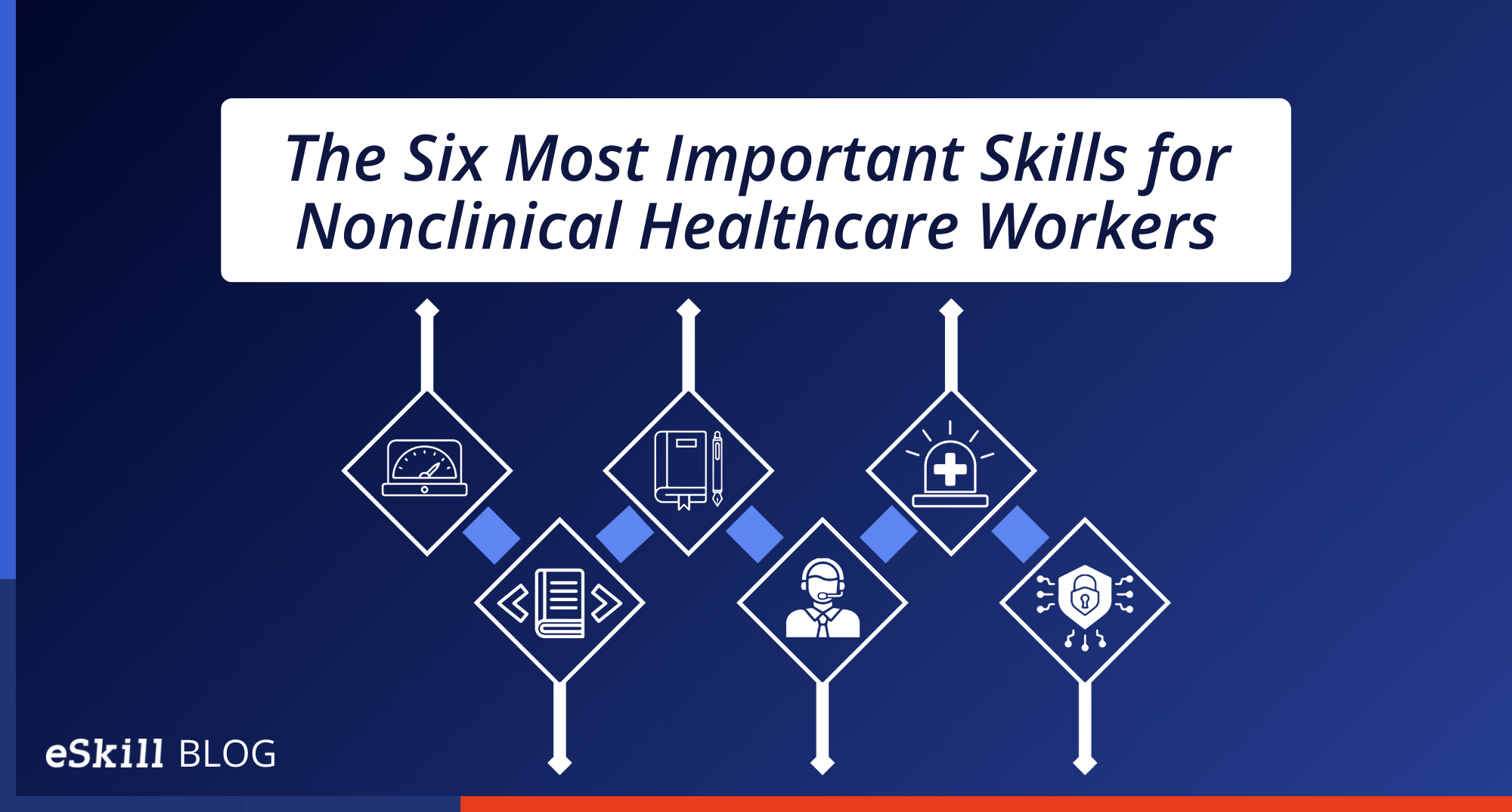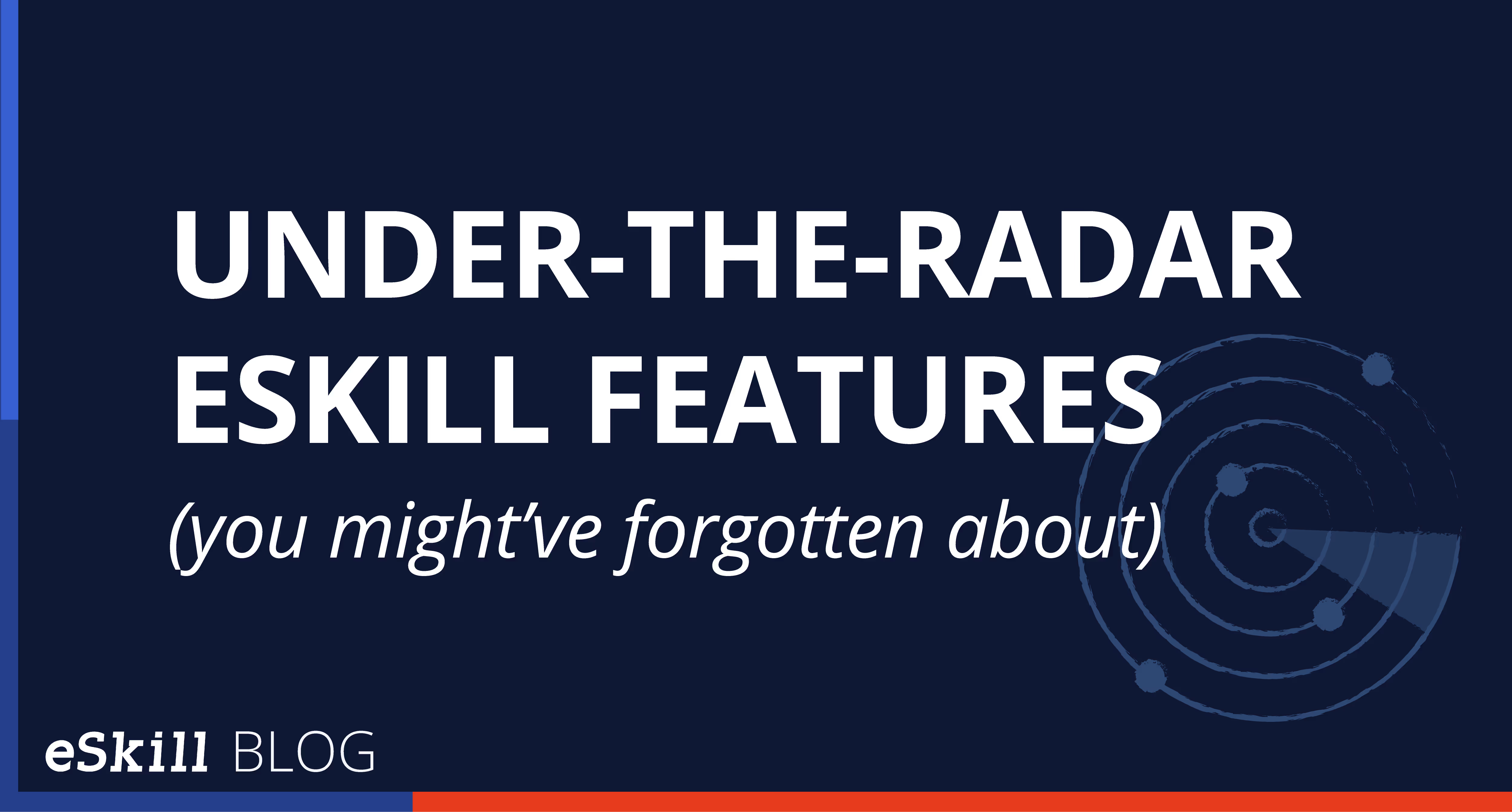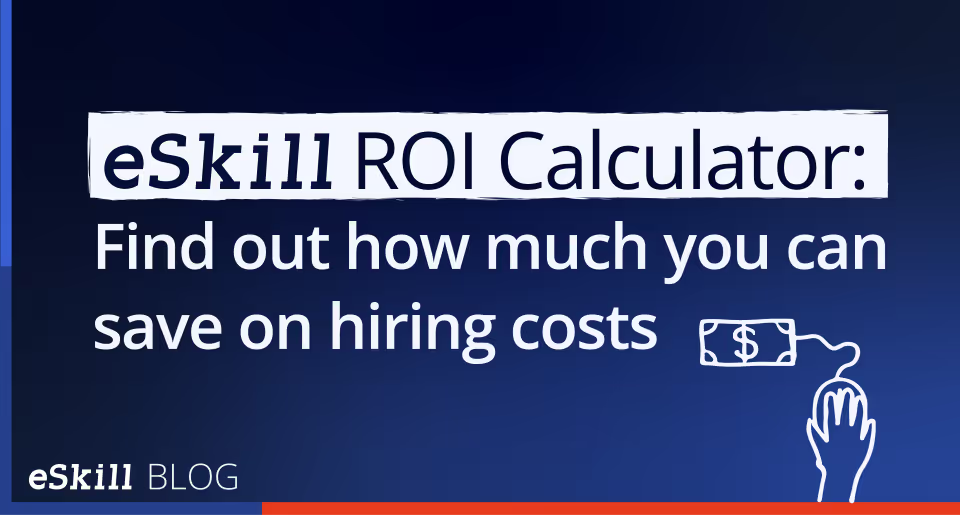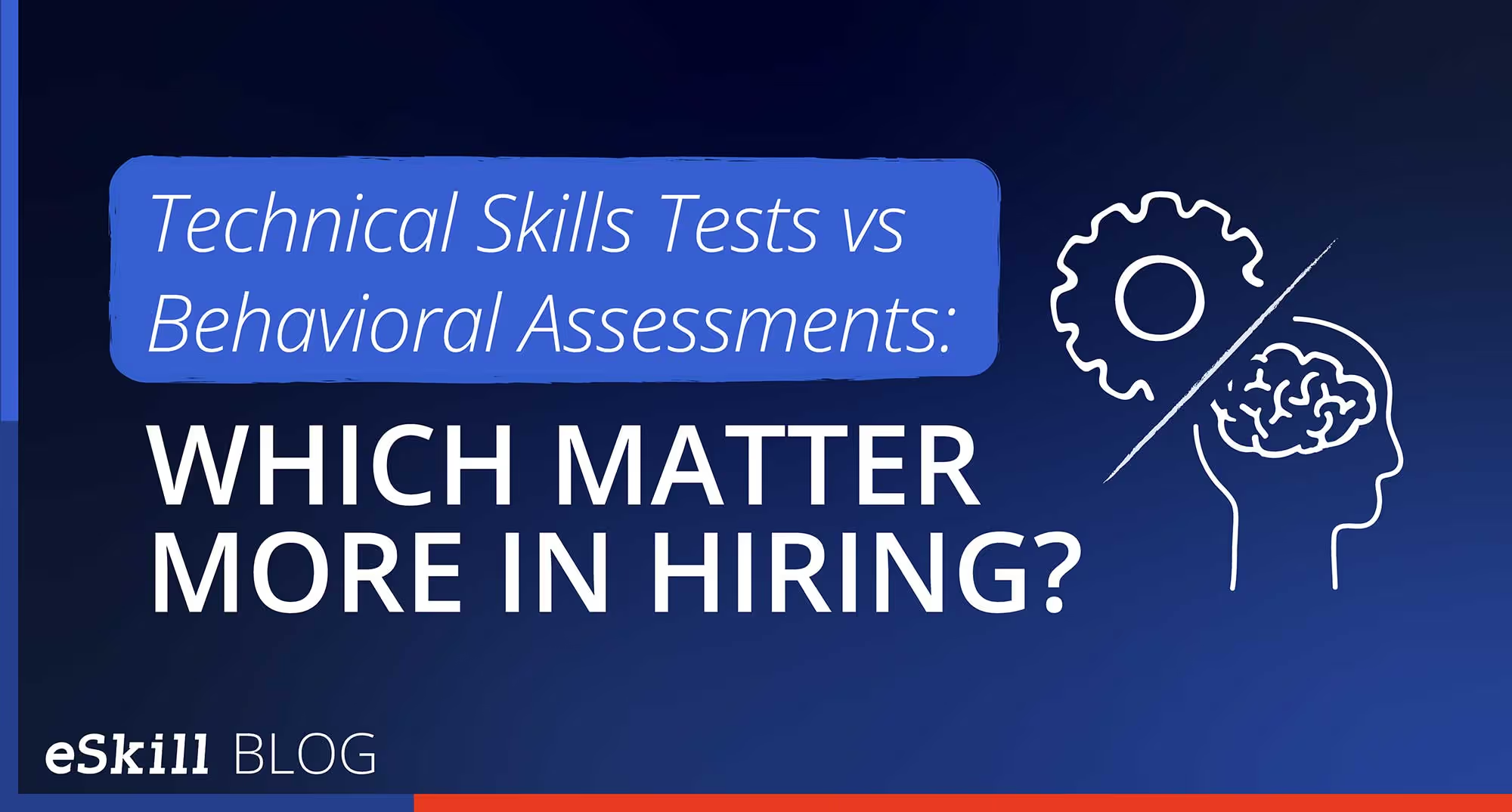When we think of healthcare, what comes to mind are the doctors and nurses who care for us. These are the professionals who diagnose our illnesses and provide treatment. Who can go unnoticed are the nonclinical healthcare workers who support the healthcare system.
These are the people who perform administrative functions without which clinics, hospitals, and practices could not run. These individuals handle vital functions that involve handling medical information and records, organizing, planning, and scheduling. They link patients with the proper healthcare providers, and they manage medical information so that records are accurate, complete and up-to-date, and are available, so physicians and others have access.
There are several nonclinical positions that we find across the healthcare industry. Some of those positions provide customer service to patients and are usually the first person you see when you enter a clinic, hospital, or private practice. They handle phone calls, set-up appointments, make sure patients complete forms, and greet patients when they first arrive. Others are behind the scenes, as they might be concerned with maintaining medical records.
The Six Most Important Skills for Nonclinical Healthcare Workers
There are a variety of skills that are common across these nonclinical healthcare positions. Much of what they do is clerical work which means they handle information at a basic level. The skills they need for these functions are the same as those required by any clerical. Of course, the type of information they deal with is specific to healthcare. So these workers need additional skills that are unique to the setting in which they work.
- Typing Accuracy and Speed. Much of what the nonclinical workers do involves typing. This might include creating forms, entering information into forms, handling correspondence, and medical transcription. Typing skill can be easily assessed with a typing test.
- Word Processing. Not only do these workers need to type, but they also need to be skilled at using word processing software. They need to be able to use advanced features of word processing software to perform varied tasks. For example, a medical secretary might create forms, such as those you complete when you seek treatment at a hospital or physician’s office. Such forms are designed to be completed online and contain only certain areas where the patient can enter information.
- Reading and Writing. Nonclinical workers must read information produced by clinical healthcare staff that includes notes about patient interviews about symptoms, results of tests, diagnoses and treatment plans. How that information is entered, organized, and processed can have life-and-death consequences as a misunderstanding can lead to critical medical errors. These workers not only have to read and understand complex information; they must be prepared to communicate it accurately in written form.
- Customer Service Skills. Many nonclinical workers have patient contact that requires good customer service skills. Their “customers” are often ill, in pain, and upset. They must be able to deal with people in a polite and caring manner, and be able to assess their emotional state and be prepared to react appropriately. Sometimes this means calming someone down who is angry or anxious.
- Handling Emergencies. Many nonclinical workers are in settings where medical emergencies can be commonplace. The skill in showing good judgment under pressure is vital. This skill means remaining calm and focused in such situations and making quick decisions about the best action. A receptionist, for example, is at the front line and must have the skill to evaluate a critical medical situation. This skill means knowing when to call a physician or physician’s assistant immediately, and when to ask the patient to wait.
- Information Security. There is perhaps no information breach that is more serious than the release of sensitive medical information. Where release of financial information, such as credit card numbers, can be rectified by issuing new account numbers, once medical information is made public, there is no way to take it back. All medical personnel must be fully versed in concerning legal requirements for medical confidentiality (HIPAA regulations in the United States). Also, healthcare workers must be skilled in cybersecurity, so they know how best to safeguard sensitive information from both internal and external threats. Many of these workers, as well as clinical staff members, can be quite, as such skills can be overlooked.
Where to Go for Skills Assessments
Perhaps the most comfortable and least expensive way to assess these skills is through the use of skills tests. Many large companies that hire many people for the same positions have assessment departments that develop and manage their own tests.
The development of customized tests, however, can be expensive and time-consuming. That is why assessment companies exist, like eSkill that specializes in Healthcare skill assessments. With a library of more than 600 standard tests and 5,000 combinable topics, eSkill provides standard and customized assessments including the six most important skills for nonclinical healthcare workers: typing, reading and writing, customer service, emergencies, and information security. eSkill also offers CNA skills tests, home health aide skills tests, HIPAA knowledge tests, medical administrative skills tests, medical billing tests and more.
Check out our catalog of healthcare assessments.
Talk to sales






